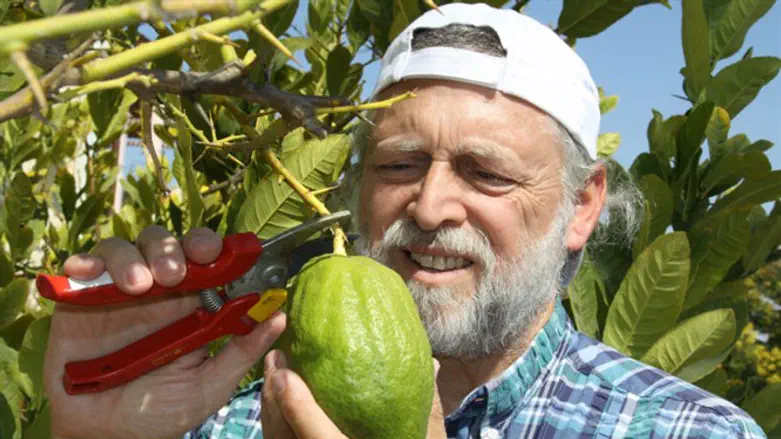
Religious Jews might be facing a massive 'Etrog' shortage this tear, Chabad.org reported.
The Etrog is one of the "Four Species" – along with the hadas (myrtle), the aravah (willow) and the Lulav (palm frond) – that are mandated by the Torah to be used in special prayers that are part of the synagogue services on each of the seven days of the holiday of Sukkot, excepting the Sabbath.
Many Jews worldwide use Etrog's that are grown in Italy's Calabria region. However, a cold winter in January destroyed 80% of the Etrog crop, and the ramification might be that it will be significantly more difficult for Jews to observe this years holiday.
“I am just coming from the fields now; there is nothing to cut at all,” Rabbi Moshe Lazar told Chabad.org. “We’re not going to see any fruit for at least another month,”
A similar crisis was narrowly averted in 2011, when Egypt announced that they would refuse to export 'Lulav's' or palm tree fronds that are one of the Four Species used in the Sukkot holiday to Israel, a decision that was connected to the deterioration in ties between the two countries.
There was concern that the Egyptian decision, announced just four weeks before Sukkot, would create a shortage and drive up prices, because most lulavs bought in Israel in recent years were grown in the Sinai area.
Israel responded by granting importing license for Lulav's from Spain, Gaza and Jordan, and the Agriculture Ministry encouraged local growers to improve their harvests.